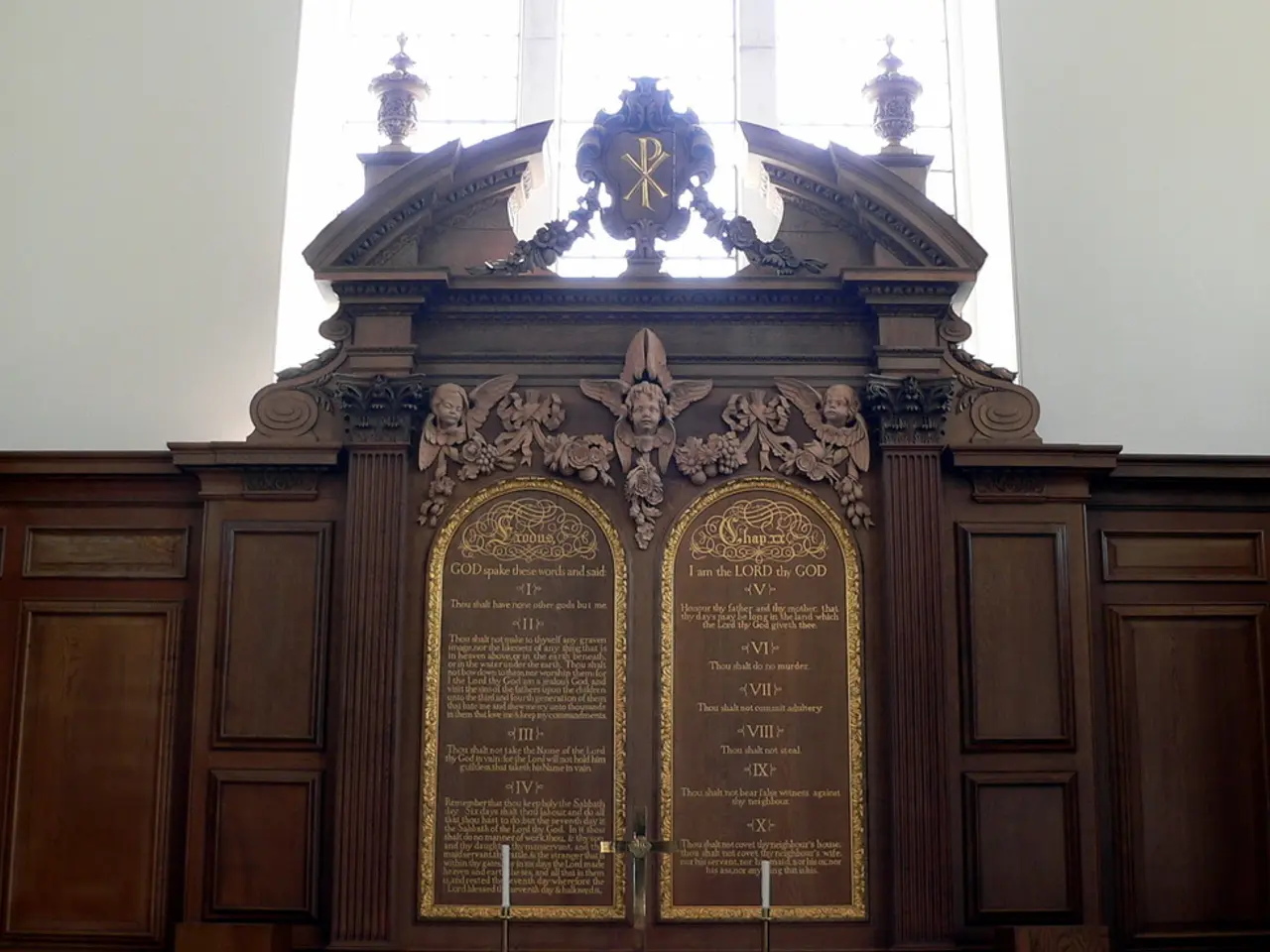Legislation proposed by the Republican Party aims to lessen the restrictions on firearm suppressors and certain types of rifles and shotguns.
In a controversial move, a wide-ranging tax and spending bill currently under consideration in Congress includes provisions to loosen regulations on gun silencers and certain types of rifles and shotguns. The bill, which aims to be passed by July 4, has sparked debate among lawmakers and advocacy groups.
The Senate is reviewing the bill for policy provisions, including the controversial gun language. If passed, the bill could have significant implications for gun regulations in the United States. One of the key provisions under scrutiny is a bill currently being considered by the Senate, which, if passed, would remove silencers and short-barrel rifles and shotguns from some regulations under the National Firearms Act of the 1930s.
Republicans support the changes, arguing that silencers are primarily used by hunters and target shooters for sport, and that they infringe on Second Amendment rights. Larry Keane of the National Shooting Sports Foundation supports this legislation, stating that changes are aimed at helping target shooters and hunters protect their hearing.
However, Democrats are fighting to stop the provision, arguing that it could make it easier for criminals and active shooters to conceal their weapons. Schumer and other Democrats are trying to convince the Senate parliamentarian to drop the gun provision from the bill. John Feinblatt, president of Everytown for Gun Safety, expressed concern that less regulation for silencers could make it harder for law enforcement to stop an active shooter.
The bill also includes other gun-related provisions. For example, the House bill, proposed by Georgia Rep. Andrew Clyde, removes silencers (called "suppressors" by the gun industry) from a 1930s law that regulates dangerous firearms, eliminating a $200 tax and background checks. The Senate's version of the bill expands upon the silencer provision, adding short-barreled, or sawed-off, rifles and shotguns.
Moreover, the bill increased background checks for some buyers under the age of 21, made it easier to take firearms from potentially dangerous people, and sent millions of dollars to mental health services in schools.
The tax and spending cuts package proposed by President Donald Trump is significant, with analysis suggesting it could increase long-run GDP by 1.2%, reduce federal tax revenue by trillions, and raise deficits and debt over the next decade. However, the available details focus on the fiscal impact of the bill, with no mention of provisions related to gun regulation changes or silencers within that package.
This means that, based on the provided search results, there is no direct information on the status of a package in Congress combining tax and spending cuts with deregulation of gun silencers and certain firearms. Additional or more targeted sources would be required to determine the legislative status of such provisions.
The inclusion of the gun provision in the bill is a sharp turn from the climate in Washington three years ago, when Democrats, like Republicans now, controlled Congress and the White House and pushed through bipartisan gun legislation. The inclusion of this provision has been met with criticism from some, with Rep. Maxwell Frost, a Florida Democrat, calling it a move to help "gun manufacturers make more money off the death of children and our people."
As the bill moves through the Senate, the fate of the gun provisions remains uncertain. The debate highlights the ongoing tension between gun rights and gun control in the United States, a tension that shows no signs of abating anytime soon.
The Senate is evaluating the bill's inclusion of the controversial gun language, specifically the removal of silencers and certain firearms from some regulations under the National Firearms Act. Democrats are actively challenging this provision, expressing concerns that it could facilitate easier weapon concealment for criminals and active shooters.







